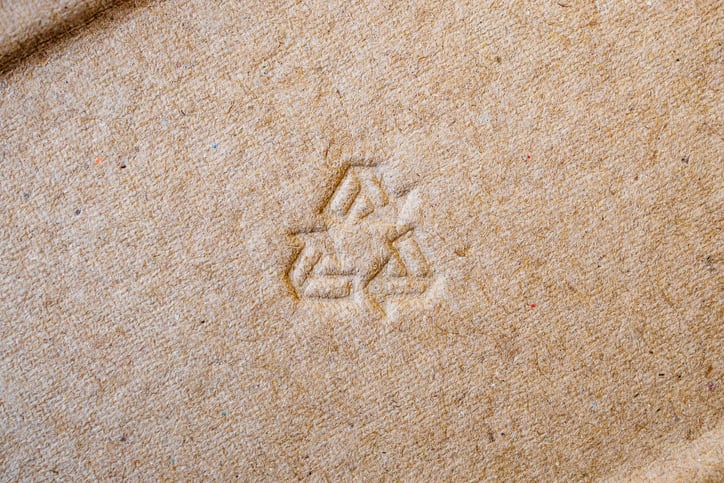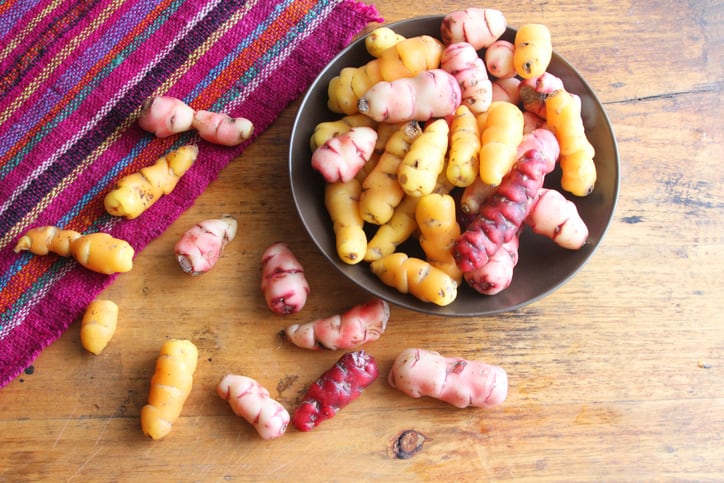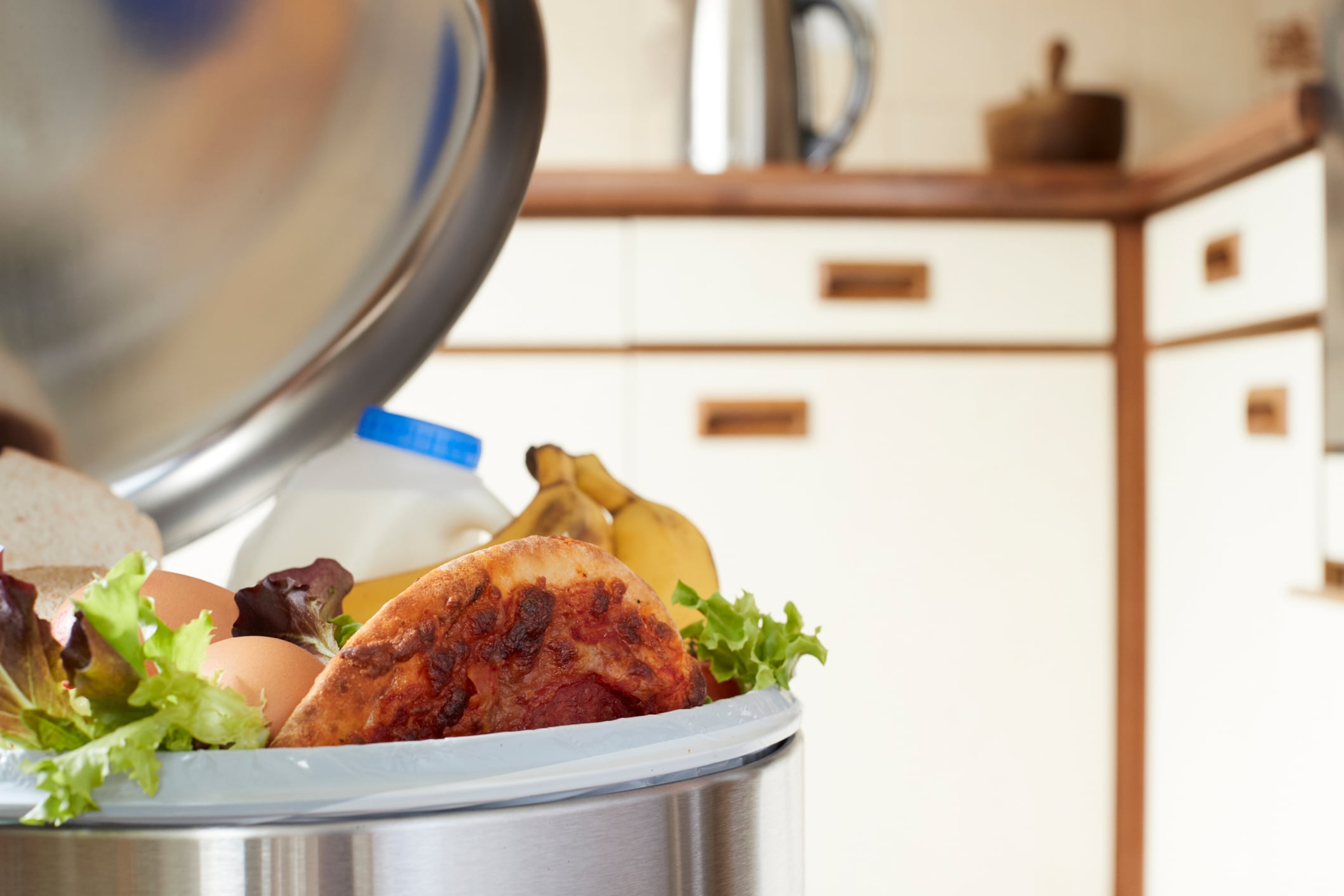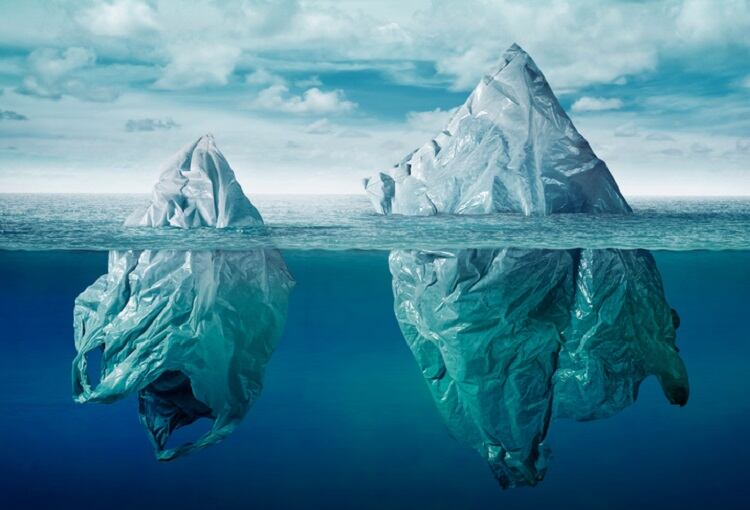The Swiss company, which produced more than 35 billion carton packs and generated €1.7 billion in revenue, teamed up with Brazilian social enterprise SO+MA House to roll out the program in Curitiba in the southern state of Paraná.
Residents of Curitiba, where SIG has a manufacturing plant, can exchange packaging materials for reward points they can then exchange for food and other basic products.
Recyclable materials such as aluminum foil, foam, paper and cardboard, PET bottles, hard plastic (such as packaging for cleaning products), soft plastic (bubble wrap and bags), iron scrap (such as food cans, nails, screws), cooking oil and glass are all accepted. Electronic waste and computers are also collected.
In exchange, individuals can receive rice, beans, pasta, tomato sauce, milk, juice, coffee, sugar, ketchup, flour, coconut water, and milk. They can also choose personal care items such as shampoo, toothpaste, and toothbrushes.
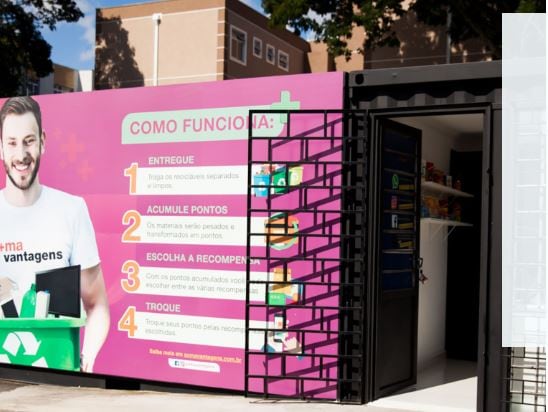
SIG awards reward points depending on the weight of the waste collected.
“With 290 points it is already possible to change for a pack of salt. For a bottle of oil, for example, they need 900 points,” Isabela De Marchi, SIG’s sustainability coordinator in South America, told FoodNavigator-LATAM.
One kilo of aluminum cans is worth 312 points while 24.5 kg of cardboard packaging are worth 900 points.
The points can also be used to access training courses, opening up job opportunities for the individuals.
The program officially launched at the start of the month at a ceremony with the mayor of Curitiba, Rafael Greca. A pilot scheme began in December 2018, however, and since then around six tonnes of waste material has been collected.
According to De Marchi, 119 families have already registered but SIG is aiming to reach 1500 registrations by the end of the year.
Changing attitudes
SIG said it hopes the initiative, which is open to low-income individuals, will bring about a change in attitudes by demonstrating the value of recycling to individuals and communities.
De Marchi said: “We know it will only be possible to increase packaging recycling rates with the support of consumers. The partnership with SO+MA House is helping us show people the value of recycling on a personal level, as well as bringing wider environmental and socio-economic benefits.”
Rafael Greca, the Mayor of Curitiba, described the program as “an innovative green exchange”.
“We are launching a solution that is adding value for people, offering vocational courses that will help families, young people and the unemployed advance and improve their quality of life,” he added.
The Uber of recycling? Cataki, Brazil's recycling app
As awareness of the lasting environmental damage plastic packaging can have, spotlight
The fact that many Brazilians do not have access to public recycling systems is one of the main barriers to recycling in the country, according to Cataki, a Brazilian circular economy start-up that reached the final of the Chivas Venture fund competition, held last week.
Cataki attracted judges’ attention for its app that connects autonomous waste-pickers with individuals who want to recycle their waste, supplementing the income of waste-pickers and ensuring recyclable waste materials are diverted to the appropriate places.
According to market research company Canadean, Brazil is South America’s biggest market for long-life beverages and foods in aseptic carton packs while globally, it is in second place, behind China.

